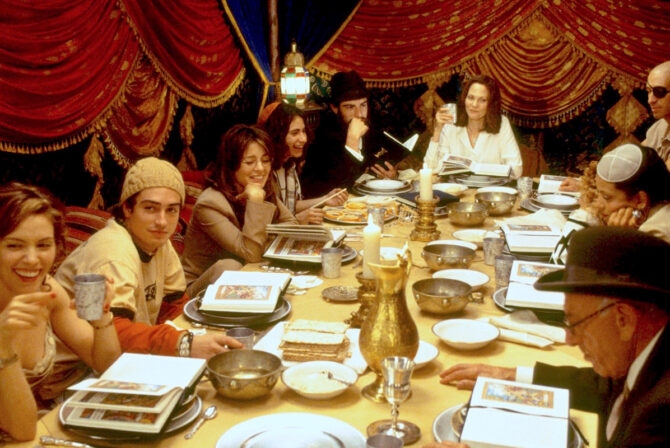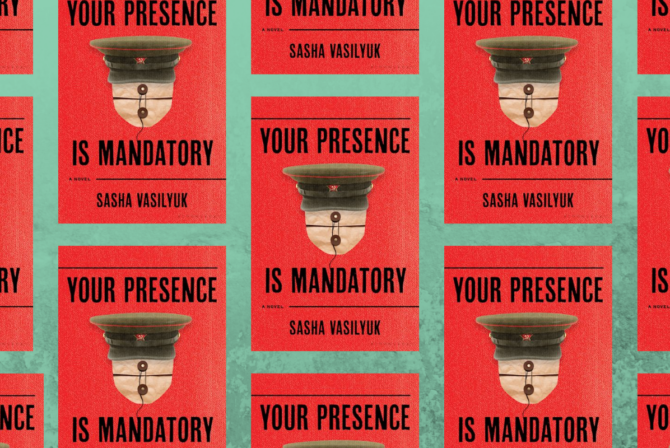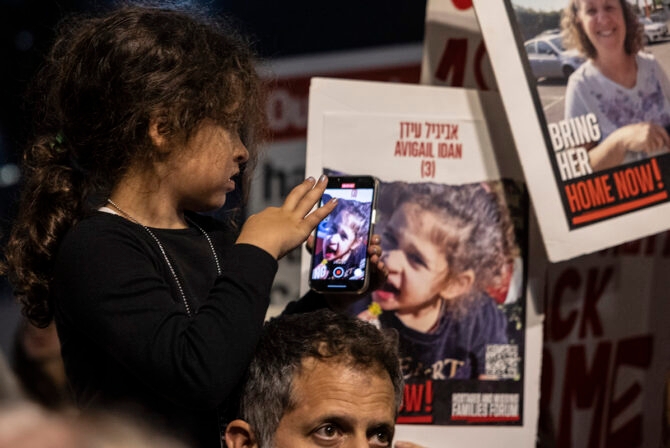I used to have the right idea for Yom Kippur. I liked the notion of an entire month to clean up my messes from the past year, and I worked hard to deliver carefully worded apologies. The promise of a clean slate appealed to my resolution-making personality. And I appreciated the fact that the obligation to make life improvements deeper than, say, eating better, differentiated the Jewish New Year from the secular one. I was a High Holiday superfan.
This year, however, I’ve found it difficult to focus solely on my faults, my wrongdoings, and my petty behavior. Enough about me, I’ve found myself thinking. Let’s talk about you.
I realize it’s not in the “High Holiday spirit” to preoccupy myself with the ways I’ve been wronged, but I can’t stop thinking about the few relationships in my life that could use some healing. One friend, in particular, I’ve drifted apart from due to so many layers of back and forth “offenses” through the years that I’m not even sure how the tension started or why. I’m willing to do my part, but I refuse to take all the responsibility.
Knowing it was time to get some guidance, I asked one of my rabbis in Minneapolis the central question bothering me. “As I prepare for Yom Kippur, am I supposed to offer some kind of universal catchall forgiveness even to people who have not asked for it?”
According to Rabbi Fredman, we are not obligated to forgive those who do not ask; however, Jewish law requires that we engage someone in dialogue if we feel we’ve been wronged. “If you are able to mend the relationship,” Rabbi Fredman said, “you should try.”
I was afraid I would get that kind of answer. It’s the worst-case scenario. I’m not obligated to forgive someone who doesn’t ask, yet I’m not supposed to hold a grudge. What’s worse, I have to do the work of starting the conversation even if the other person has made no move to discuss where we stand. I told Rabbi Fredman that I found the task unrealistic. Let’s say I gently bring up the issue so I can put the negative feelings behind me. How do I move on from my anger if my friend still won’t acknowledge any wrongdoing?
Certainly the time I’ve wasted going over the same details and telling myself that I’m justified in my point of view has added nothing positive to my life. Nevertheless, it’s hard to forgive someone who cannot shoulder any blame. Thinking that perhaps a woman would better understand my need to obsess a bit this year, I asked my friend (and fellow Kvell-er) Rebecca Einstein Schorr, a Reform rabbi, to advise me as if I were a congregant. I gave her the same spiel. “How can I move forward in a relationship when I’m owed an apology, but it never comes?”
Rebecca agreed that the responsibility for teshuvah (repentance) lies with the one who has wronged another individual. “However,” she continued, “waiting for another person to recognize his or her role in causing you pain can shackle you to the past. While the onus still resides with the person who has hurt you, there is nothing constructive about holding onto grudges.”
“But how am I supposed to get rid of a grudge?” I asked.
“The best advice I can give someone is to act as though the other person has asked for forgiveness. Aside from extreme examples of physical or emotional abuse, it can be more productive to release others and move forward with the relationship in cases where no apology is forthcoming.”
I admitted that I had no extreme situations to report, but I was still apprehensive about starting a new year devoting any time to a friend who is unable to recognize her role in a rift. I continued the conversation with my friend Rivkie Grossbaum, who also happens to be a teacher at Chabad Minneapolis.
There are three levels of forgiveness in Judaism, she told me. In the first level, “We might still be upset, yet we find it in ourselves not to hope for the person’s downfall.”
I could manage level one, as I don’t tend to imagine revenge schemes.
“At the second stage,” Rivkie said, “we might not be ready to relate to the person as we did before, but we are able to stop carrying feelings of resentment.”
I liked that Rivkie differentiated between moving on from resentment and being close to the person again.
“The third stage is restoring the relationship. At this level not only have we forgiven the individual, but we’re now ready to be close again. The Talmud explains that we’re expected to find the strength to forgive on the first level. Absence of any forgiveness whatsoever is a sign of cruelty.”
There’s no doubt that the toxic nature of a grudge has allowed me to overly focus on the few problematic relationships in my life instead of the many that are going well. I do not want to become the kind of person who is always feeling offended. And I think it’s safe to say if you’re perpetually waiting for an apology from friends and family, the problem is likely you and not everyone else.
Another friend of mine, Tzipporah Leah Kalatsky, gave me a final way to think about the apologies I might be waiting for. “What you learned from the negative aspects of these relationships is a gift,” she said. “An apology would be nice, but maybe it’s unnecessary.”
The truth is, even if I decide to bring up the issues with the few people I have in mind, the exact apology I’m hoping for is probably not coming. By the time Yom Kippur begins, I’m going to force myself to stop obsessing about it, which is a decent form of forgiveness albeit the most basic one. I hope that the people I’ve hurt will release me on that level, too. Maybe, in another year, I can improve my capacity for a higher form of forgiveness, or at the very least, spend more time worrying about who I’ve hurt rather than the other way around.
Like this post? Get the best of Kveller delivered straight to your inbox.







